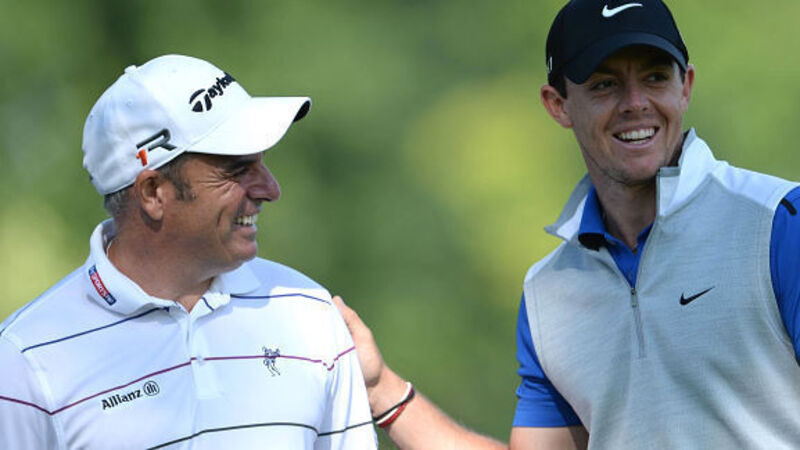Supporting our young stars key to professional success

Amateurism, a Victorian word, meant a commitment to no-pay-for-play, no salaries and no endorsements for its athletes. It was the British aristocracy’s way of keeping the unwashed masses at a competitive arm’s length — a state of affairs which never existed in ancient Greece.
Samaranch’s argument for the acceptance of the best professional athletes into the Olympic Games was two-pronged. He recognised that unless athletes were allowed to receive financial support from endorsements and competitions to cover living and training expenses, participation in the Games would swiftly decline. But the real motivation probably lay in the ability to push for greater corporate participation in the Olympic movement — most especially the record-setting broadcasting rights with television networks around the world.









